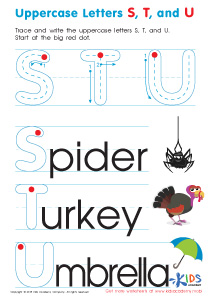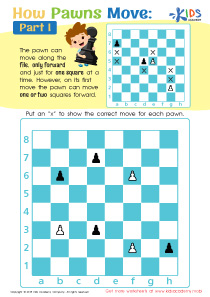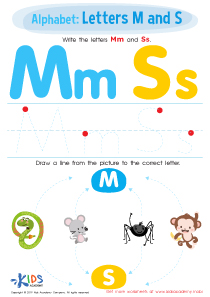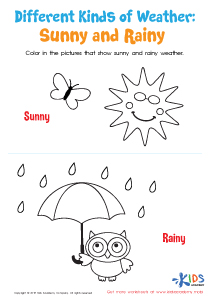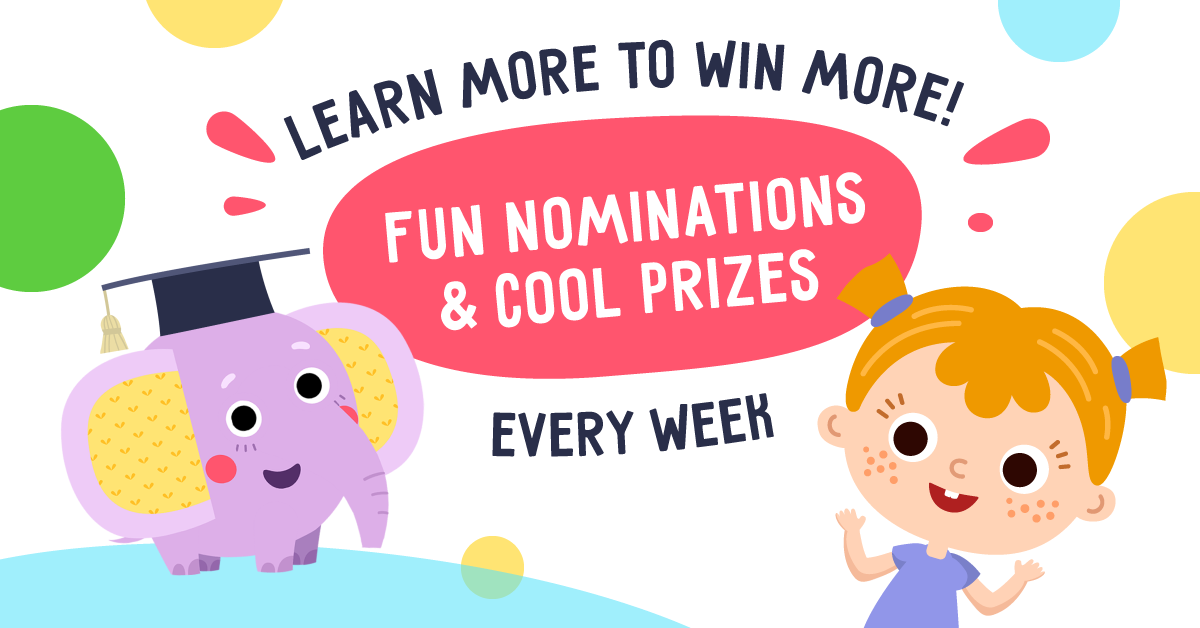Normal Phonological Awareness Quizzes for Ages 4-5
7 results
7 filtered results
Clear all filters7 filtered results
-
From - To
Unlock the world of sounds with our Normal Phonological Awareness interactive quizzes, meticulously crafted for children aged 4-5. Our engaging platform offers a unique learning experience that checks your child's grasp on phonological awareness, providing immediate, constructive feedback to guide their learning journey. These quizzes are designed to enhance your child’s ability to recognize and manipulate sounds in words, a critical skill for early reading success. Through playful, interactive questions, children will explore rhyming, syllable counting, and initial sounds, all while having fun! Embark on this phonological adventure and watch your child’s listening and reading skills soar. Perfect for Normal Phonological Awareness development for Ages 4-5.
Understanding and mastering phonological awareness is a critical step in a child's early literacy development. Phonological awareness refers to the ability to recognize and manipulate sounds in spoken language, an essential skill for reading success. Normal interactive quizzes on Phonological Awareness for Ages 4-5 are specially designed tools that significantly aid young learners in grasping these foundational concepts, making learning both engaging and effective.
One of the primary benefits of these quizzes is their focus on age-appropriate learning. For children aged 4 to 5, the journey of learning to read and write is just beginning. It's a period when their brains are highly receptive to new sounds, words, and ideas. Normal Phonological Awareness for Ages 4-5 integrates essential learning elements tailored to this developmental stage, ensuring the content is neither too challenging nor too simplistic. This precision in content delivery fosters a love for learning, boosts confidence, and encourages active participation.
The interactive nature of these quizzes is another factor that contributes significantly to their effectiveness. Unlike traditional learning methods, which might not fully capture a young child's attention, interactive quizzes are designed to be engaging and fun. Through the use of colorful graphics, animations, and sounds, children are drawn into the learning process. This interactivity not only retains their attention longer but also reinforces the learning objectives by allowing children to practise phonological awareness skills through games and activities that they enjoy.
Furthermore, these quizzes offer personalized feedback, an invaluable feature for both learners and educators. As children progress through the quizzes, they receive immediate feedback on their answers. This instant response helps them understand their mistakes and learn the correct answers, facilitating a deeper understanding of the concepts. For educators and parents, this feedback provides insight into the child's strengths and areas of improvement, enabling targeted support to help the child advance.
Normal Phonological Awareness quizzes for Ages 4-5 also promote autonomous learning. Children feel a sense of independence as they navigate through the quizzes, making choices and attempting answers on their own. This autonomy in learning fosters critical thinking and problem-solving skills from a young age, laying a solid foundation for their future academic endeavors.
Another significant advantage is the accessibility of these interactive quizzes. Available online, they can be accessed from anywhere, making it convenient for children to practice phonological awareness skills at home or while on the go. This flexibility ensures that learning can continue outside the classroom, providing children with more opportunities to hone their skills.
In conclusion, Normal interactive quizzes on Phonological Awareness for Ages 4-5 are a valuable resource in a child's educational journey. By combining age-appropriate content, engaging interactivity, personalized feedback, and the promotion of autonomous learning, these quizzes not only make learning enjoyable but also highly effective. They lay a strong foundation for literacy skills, setting children on a path to reading success and a lifelong love for learning.
